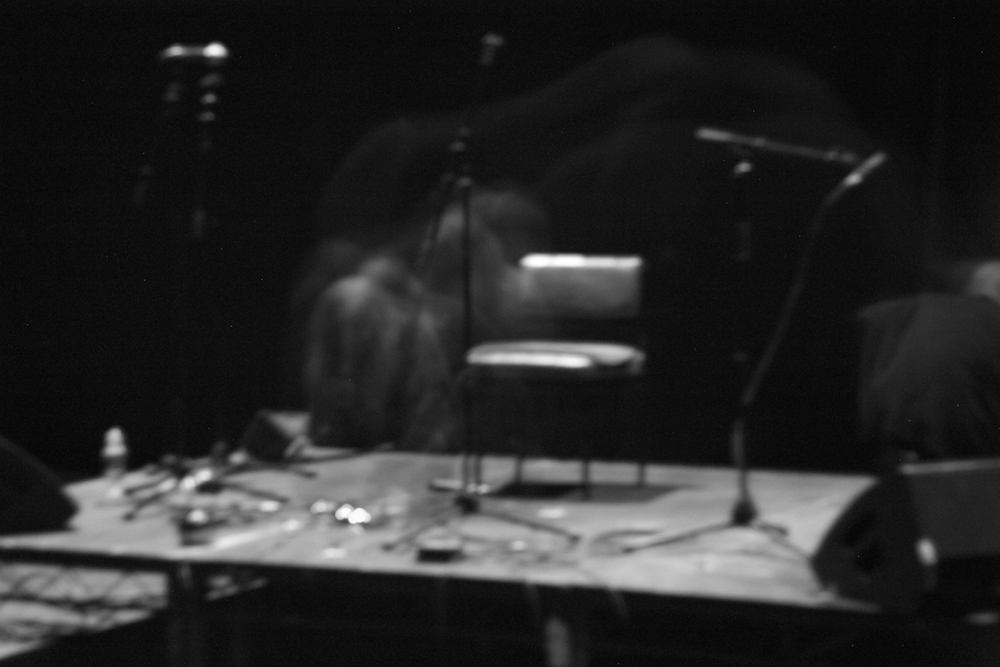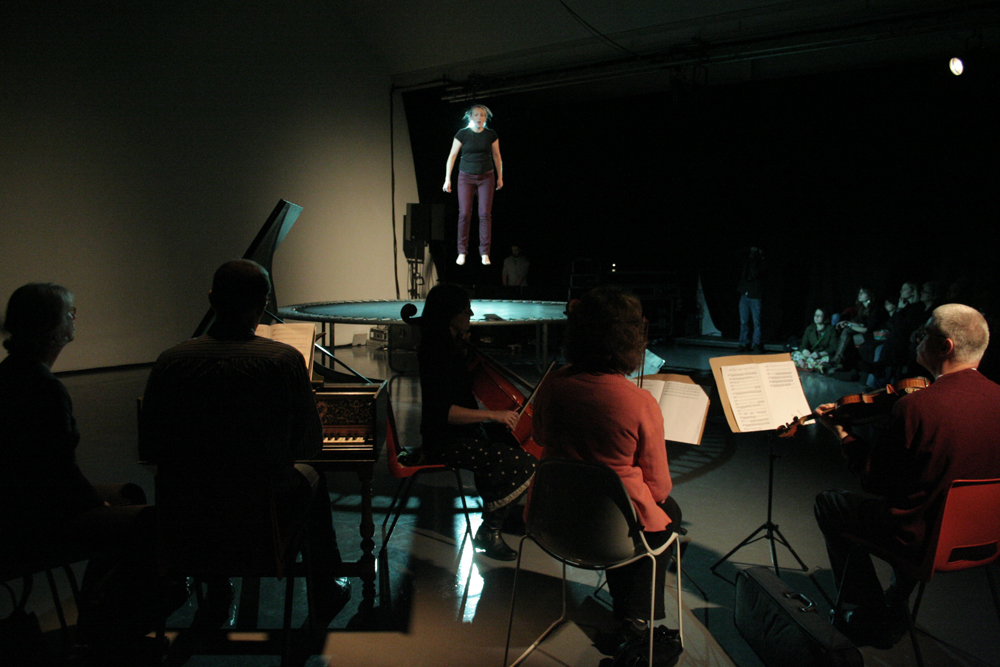
All and at once
Arjuna Neuman Denise Ferreira da Silva Fred Moten Wu Tsang
Why won’t the idea of the particle or individual go away? Is the measurement problem in physics a documentary film issue? What can a human be without its crutches of life-time and measure?













